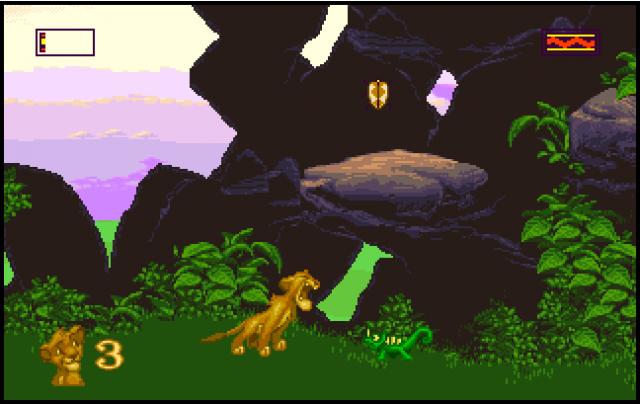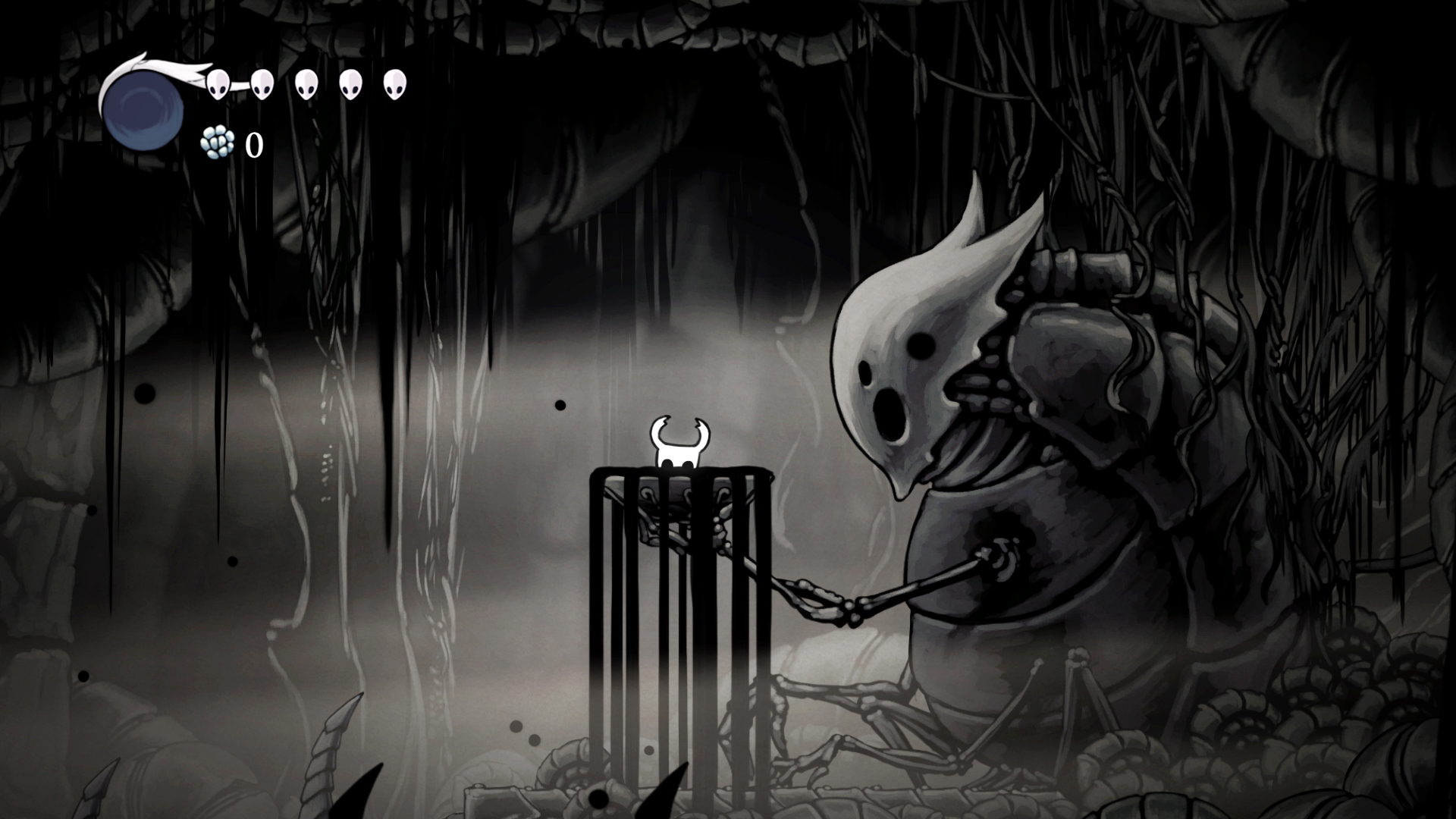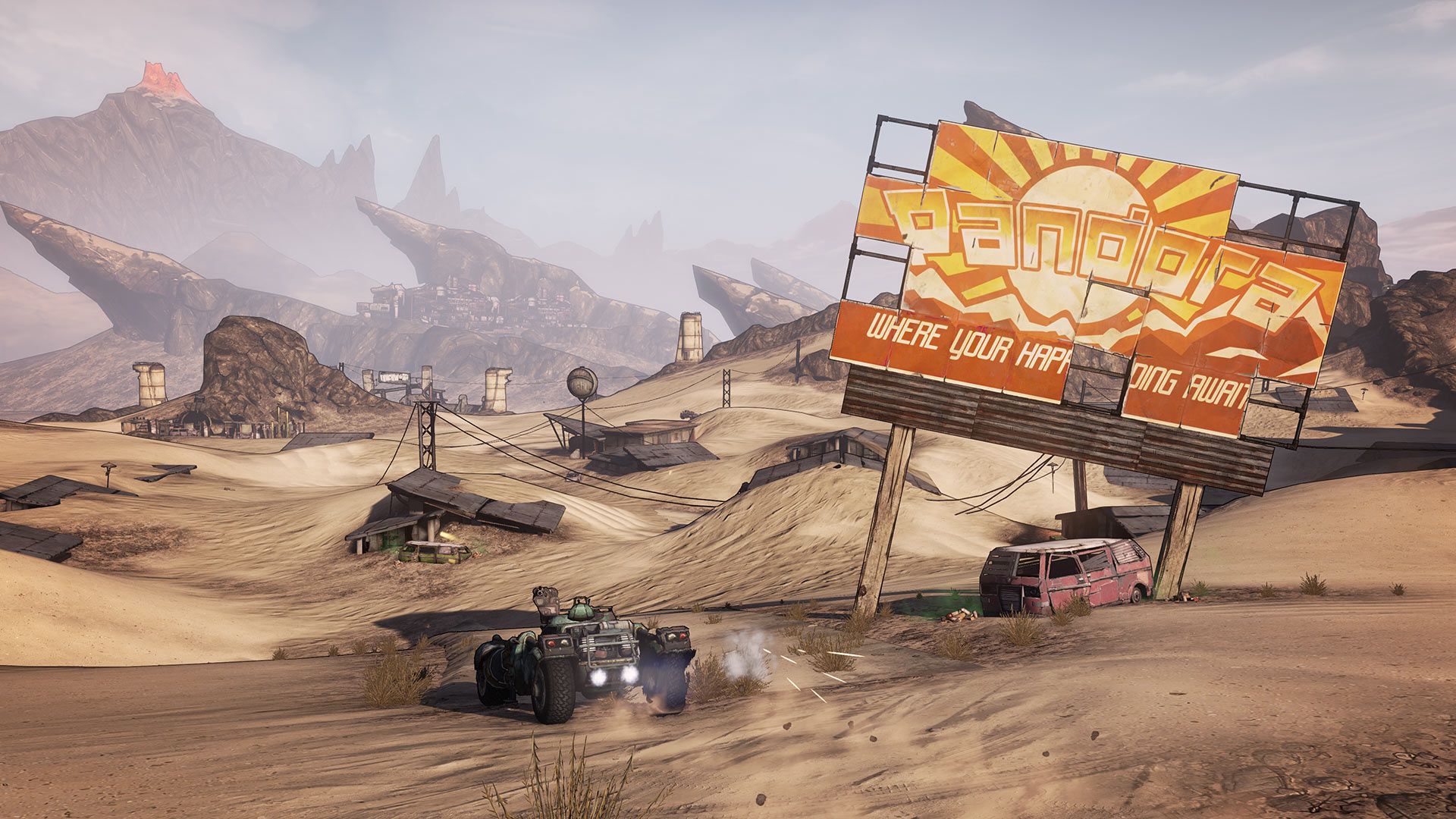Indie vs. AAA Games
I am often asked why I seem to prefer indie games, and have little interest in AAA games. In fact, I have often wondered this myself. This article seeks to explore the reasoning behind these gaming preferences.
I should point out that although indie games tend to appeal to me more than AAA games, this is by no means a hard and fast rule. Ratchet & Clank, Team Fortress 2, and Age of Mythology, for example, are some of my all-time favourite games. Evidently it is the qualities of a game that matter, rather than the nature of its production, but it is fair to say that AAA games tend to embody more qualities that I dislike. For convenience, I will speak in general terms for this article, but I don't normally like to generalise.
Ratchet & Clank is an interesting example to consider because the early games are absolutely fantastic, but some obvious changes creep in as the series develops which make the later games somewhat objectionable. I can't possibly put it any better than TheGamingBritShow, who has an excellent video on the subject. While this talks specifically about the Ratchet & Clank remake, comparing it to the original, I think a lot of the same complaints apply to other modern AAA games. Similarly, Indigo Gaming makes some excellent points on the evolution of the Elder Scrolls series.
This is all just a lot of preamble, so let's take a closer look at some specific complaints.
AAA games target the "lowest common denominator"
While indie games are often aimed at a very niche subset of gamers - such as Zachtronics' programming game TIS-100 - AAA games try to appeal to everyone - casual and experienced gamers alike.
In practice, this has several consequences:
They become far too easy
If you are trying to appeal to a wide variety of gamers, then you are also trying to appeal to a wide variety of skill levels, which tends to result in a much easier game. Once upon a time, it was common for players to get stuck on games due to their prohibitive difficulty. I'm not saying that this is necessarily a good thing, but I think there's a balance to be had; if there's no challenge, then there's no satisfaction.

The Lion King video game is notoriously difficult.
They treat the player like an idiot
This is closely related to the previous point, but AAA games are often peppered with tutorials, help messages, pop-up reminders and compass markers. Obviously there is a place for these things, but if a game is constantly holding the player's hand then it leaves little room for exploration and discovery. If the player is told exactly what to do, then it strips much of the satisfaction from the task compared to allowing the player to find the solution for themselves.
They water down the game's personality
This is a tad difficult to define, but indie games just tend to have more charm. If you're trying to please everyone, then it's easy to end up with a very middle-of-the-road product, whereas if you're not afraid to take risks, you are much more likely to end up with something unique.

Hollow Knight is rich with lore and mystery.
AAA games place too much emphasis on graphics
Graphics technology has come a long way in the last few decades, and AAA games are constantly try to push the hardware to its limits to achieve realistic visuals. Again, this has several consequences:
Framerate can suffer
For console games, the pursuit of better graphics sometimes comes at the expense of a higher framerate; the original Ratchet & Clank game ran at 60fps, while the remake only ran at 30fps. This trade-off may not seems significant to some, but personally I would always choose a higher framerate over better graphics.
They all look the same
Obsessing over realistic graphics also precludes the use of alternative styles, which some might consider more appealing. This is again a consequence of the "lowest common denominator" phenomenon.

Borderlands is one of the few AAA games that favours a more cartoony graphical style.
Over-the-top lighting
Due to the nature of realistic lighting models, games that make use of these also tend to have much more exaggerated lighting than simpler games, which can be distracting or even off-putting; the worst offenders will have caves that are too dark, light sources that are too bright, and colours that are either washed-out or oversaturated.
This is hard to describe, but it becomes immediately obvious when looking at a side-by-side comparison of the original Spyro the Dragon (1998) and the 2018 remake:
Jarring glitches
The more realistic a game is, the more out-of-place it looks when something goes wrong. Minor graphical glitches are inevitable in games, like entities clipping into walls or trees, but when a game looks otherwise lifelike, these glitches become increasingly jarring.
AAA games insist on voice acting
There is no doubt that voice acting can add a lot to a game; many voice clips have become iconic in gaming circles. However, voice acting can also seriously detract from a game if it becomes annoying or repetitive. Admittedly this is largely due to personal preference, but I often find voice acting in games to be over-the-top and unrealistic. Frequently, I find myself asking the question: "who talks like that?"
This line gets old real fast…
I suspect that this is because, when every line is voiced, it becomes impractical to pack in enough dialogue to make scenes realistic.
Not every AAA game suffers from this; Morrowind featured some voice acting, but the bulk of its dialogue was text-only, which made the game's lore much richer than its sequels. And in games like Ratchet & Clank and Portal, the dialogue is intentionally silly, so the wacky voice acting works in their favour.
AAA games are too money-driven
I won't get too bogged-down in this, because I don't doubt that the cost of developing a AAA game is astronomical, and the developers need to earn a living, but nonetheless, I think it's safe to say that many AAA companies are less focused on making great games, and more focused on making money.
We have seen this time and again with the release of paltry DLC, cosmetics, microtransactions and loot boxes.
Closing Thoughts
I am hoping that this didn't come across too much like a rant. It is very difficult to articulate why I prefer indie games, but trying to understand and explain my reasoning has been an interesting challenge.
I would stress again that I have generalised in this article, but I absolutely accept and acknowledge that not every AAA game is the same, and indie games have their fair share of flaws, too.
As always, if you made it to the end, I would love to hear your thoughts.
Last updated 2020/09/08
Published 2020/08/23
